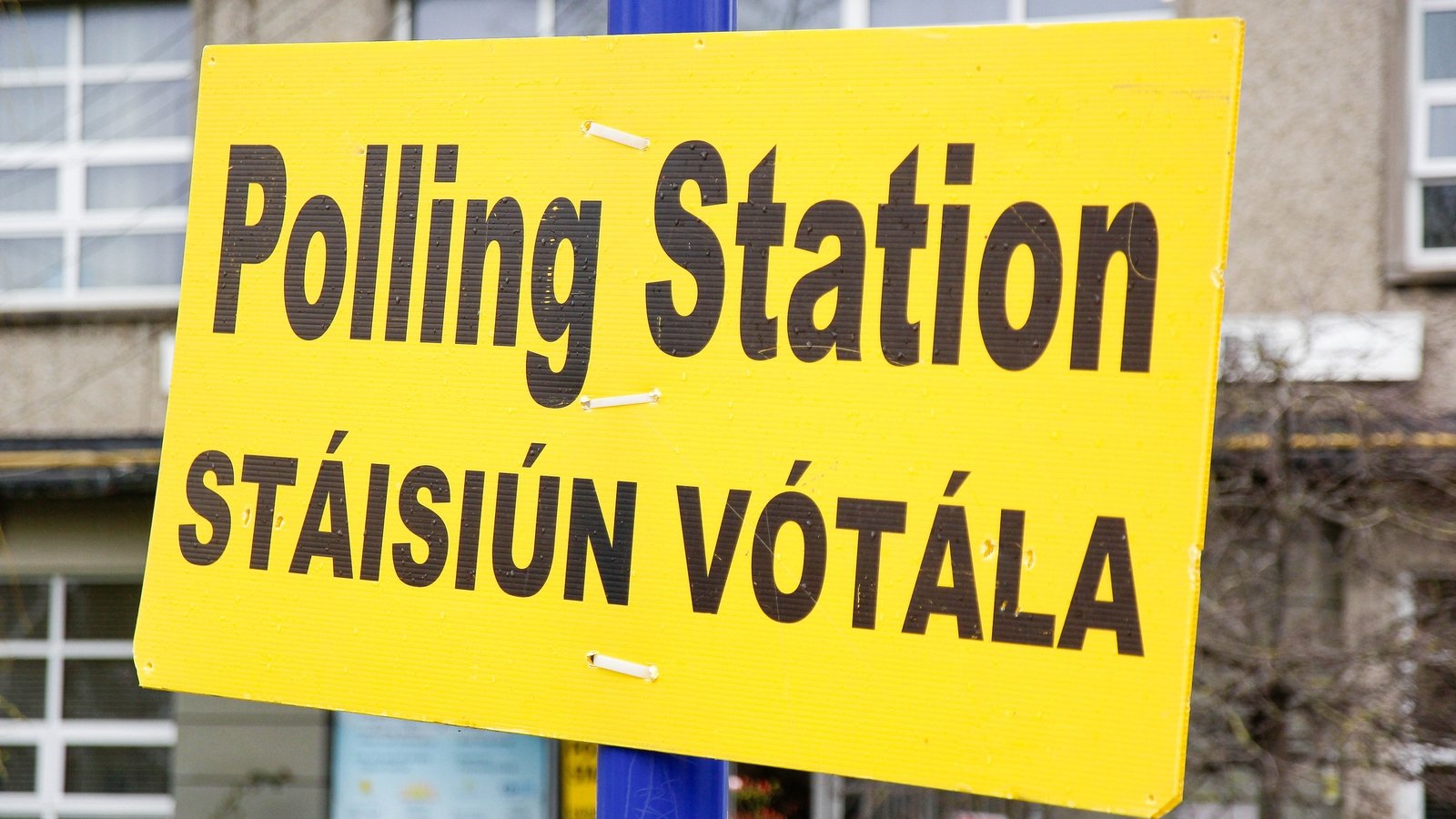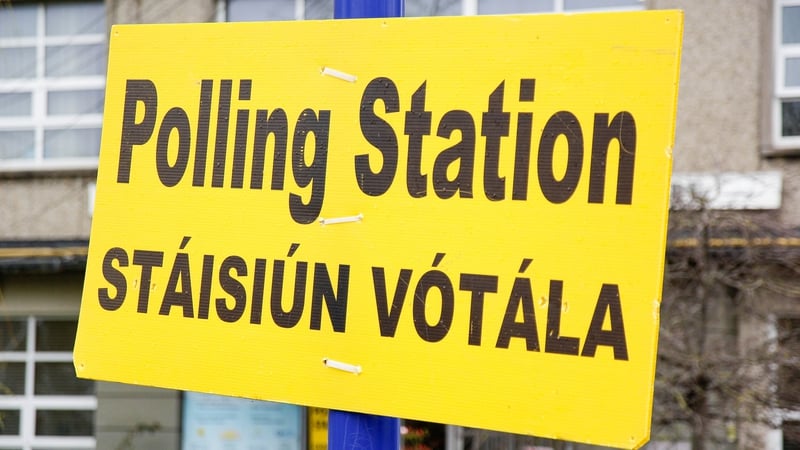Campaigner, Tánaiste clash during debate on referendums


A former barrister and stay-at-home mother, who is advocating a No vote in the family referendum, has said the term “durable relationship” has been interpreted by the Supreme Court to mean “an intimate, romantic or sexual relationship between two people akin to marriage but not marriage”.
On RTÉ’s Prime Time last night, Maria Steen said the judgment was handed down by Ms Justice Marie Baker, Chair of An Coimisiún Toghcháin, Ireland’s independent electoral commission.
Ms Steen said that if this definition applies “then single parents are not included in this Government proposal” to amend the constitution.
Tánaiste Micheál Martin, who is advocating a Yes vote, said that single-parent families “most certainly are included in this definition”.
He added that the proposed amendment was not just about offering constitutional recognition to single- parent families, but other families that fall outside the current definition of “family” in the Constitution.
“I think the vast majority people of Ireland … know people in these situations, know couples who are not married but who have children for different reasons,” Mr Martin said.
“Do you want to include children of different family types within the definition of family within the Constitution, single parents, unmarried couples who have children, grandparents raising their children and so forth, vote Yes to include them.”
Ms Steen said she recognised that there are “lots of different family types in this new modern Ireland”.
She asked Mr Martin if he would tell “a Muslim man who has fled persecution to make his home in Ireland with his two wives and children that they are not in a durable relationship and that his family is not a moral institution?”
The Tánaiste said that he was not “making comment on specific red herrings” but polygamous marriages are “illegal and the law prevents it”.
Addressing Mr Martin, Ms Steen said: “You know that legislation can be overturned, the whole point about introducing a constitutional amendment is that it trumps legislation and if you give somebody new constitutional rights, legislation can be overruled and declared unconstitutional”.
Mothers ‘deserve’ to be ‘acknowledged’ in Constitution – Steen
Ms Steen, who is also advocating a No vote in the referendum on care, said that while the Government was describing the current articles it wishes to replace in the Constitution as “outdated”, she failed “to see how something that reflects the lived reality of women in Ireland today can be described as outdated because the reality is that the majority of women do the majority of work in the home”.
She said that mothers “go through a kind of exquisite agony to bring our children into the world that no man will ever experience”.
“This is a noble and honourable thing and it deserves to be acknowledged with gratitude in our Constitution … and at the moment it is,” Ms Steen said.
She added that she also agreed with Free Legal Advice Centres (FLAC), Senator Tom Clonan and the Irish Council for Civil Liberties (ICCL) – who oppose the proposed constitutional amendment on care – which she called a “political virtue signalling exercise”.
If this amendment is passed, Ms Steen said: “The following day the carers will still have no respite, people with disabilities, adults with disabilities, still won’t be able to live independently, mothers will still have all their chores but they will have no constitutional recognition”.
In advocating a Yes vote, Mr Martin said it was his view that the proposed amendment on care recognises “the unique bond within a family unit that enables and facilitates care between everybody in the family and it is gender neutral”.
“In my view a woman’s life should be wherever a woman wants her life to be, it’s a woman’s choice, we shouldn’t be sort of creating the view that her duties are in the home.”
Mr Martin defended the used of the word “strive” in the proposed amendment, which sets out that the “State … shall strive to support” the provision of care.
“The Chairperson of the Referendum (Electoral) Commission has said it’s quite a strong word,” Mr Martin said.
“It has always been the case that the Oireachtas and the Government of the day must decide on the allocation of resources,” the Tánaiste said.
The Constitution is “a general framework” and is not a document that specifies “in every single area where resources go,” he added.





